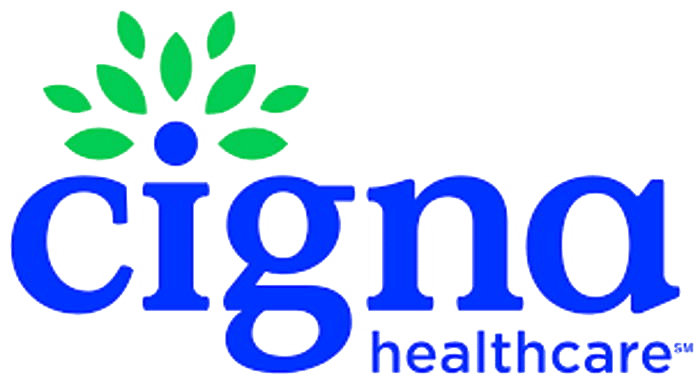Southern California Sunrise Recovery Center
Premier Residential Mental Health Treatment Center in Orange County, CA
It is our goal to help our patients develop tools that they can use consistently to sustain comfort and independence. Our residential mental health facility located in Southern California supports patients who struggle with mental health conditions to find stability and recovery. Southern California Sunrise Recovery Center is committed to proving quality care to people looking for residential mental health treatment.


















